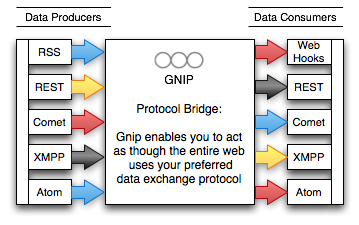I have a couple of RSS feeds which are a mashup of multiple RSS feeds using Yahoo Pipes, and to be able to track their usage I utilize Feedburner. But lately all of these Feedburner feeds were not updating. Feedburner returned “Error getting URL: 999 – Unknown” with HTTP Error code 502, though the Yahoo! pipes source feed was valid RSS (even using the recommended services listed over on the pages of feedburner).

This happened after the migration of Feedburner accounts to Google accounts and the recent redirects to feeds2.feedburner.com urls.
All attempts troubleshooting feedburner failed (incl. to resync the feed). In case you recently created a Feedburner feed which sources Yahoo Pipes -> check if it is working.
Update: DON’T move your Feedburner feeds to Google accounts if the original source is Yahoo Pipes:
If you use Yahoo! Pipes as the “Original Feed,” or content source, for one or more FeedBurner feeds, and you haven’t already moved over to a Google Account, please postpone moving it (for now).
We are working directly with Yahoo! to restore Google-hosted feeds’ access to Pipes as soon as possible, but until this fix is in place, FeedBurner feeds with Pipes sources moved to Google will stop working properly.
Update 2: As of today (Feb. 1, 2009 – Sun.) the feeds seem to have re-started to work as normal. No post/news yet on the official Feedburner Blog.
 A different approach is the one from Gnip. They want to act as a data stream coverter, providing you with data from many services in the format most appropriate for your app. Below you find the services offered by them (or what they will offer soon):
A different approach is the one from Gnip. They want to act as a data stream coverter, providing you with data from many services in the format most appropriate for your app. Below you find the services offered by them (or what they will offer soon):
